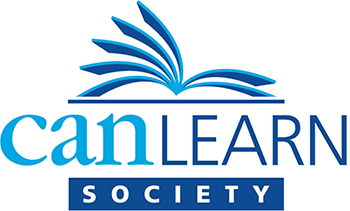Did you know 29% of Calgary Board of Education students are English Language Learners?
Calgary Board of Education is experiencing significant enrolment growth. Schools are running out of space, and the number of students with complex learning needs continues to increase. New Canadians represent the majority of new students. Currently, over 40,000 CBE students are English as an Additional Language Learners.
Starting in the 2024-2025 school year, Alberta Education has replaced the terms “English Language Learner” (ELL) and “English as a Second Language” (ESL) with “English as an Additional Language” (EAL) to better reflect the diverse backgrounds of multilingual learners.
CanLearn is equipped and eager to share a number of complementary additional supports and resources with schools, families, and teachers through our clinical and literacy programs and services.
CanLearn’s early and family literacy programs include successfully serving EAL children and families. These programs have been instrumental in overcoming various barriers to learning English and developing strong literacy skills including but not limited to:
- Various cultural and educational experiences from their home country influence their English language and literacy learning.
- Multiple languages are spoken at home or within a family, and there is no evident strength in any language.
- Stress at home, such as food, housing, and financial concerns impact learning.
- Some primary caregivers may delay their English skill development, which can impact family dynamics when the children speak English better than the adult caregiver.
- Developmental delays in first language development make it difficult to learn English.
- Keeping the home language alive while supporting the family’s English language learning may be challenging.
CanLearn programs recognize that proficiency with oral English is essential for EAL children’s progress in reading and writing. The main reason these children sometimes lag in reading development is that they must learn much more than their native-speaking peers; they have to master the content of school subjects and English at the same time. For them, foundational literacy skills must include foundational language skills in addition to word recognition skills.
As with all children, the parents and families of English learners have a strong impact on their children’s learning success. CanLearn literacy programs create opportunities for parents and children to work together on building their oral language, phonological awareness, phonics, oral reading fluency, vocabulary, and reading comprehension. We encourage parents to read, talk, sing, and play with their children at home in whatever language they are comfortable with, helping them “unlearn” the myth that speaking English at home will help children progress faster in English.
CanLearn is deeply appreciative of CFUW’s ongoing and generous support for our early literacy programs. The dedication and commitment of CFUW Calgary members have been instrumental in advancing our efforts to provide evidence-based reading intervention to young children in our community.
Nada Jerkovic
Manager, Literacy Programs
CanLearn Society


